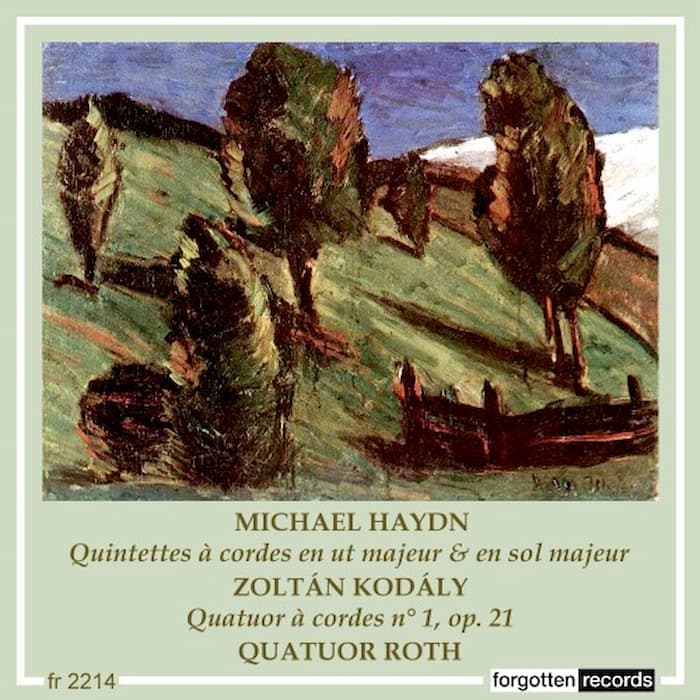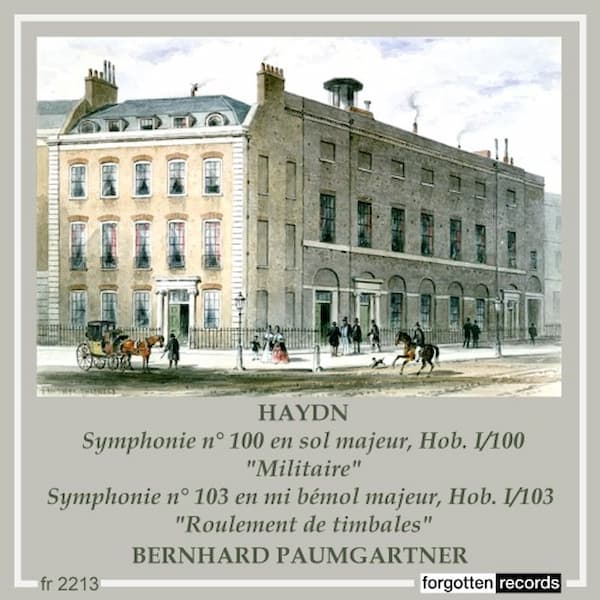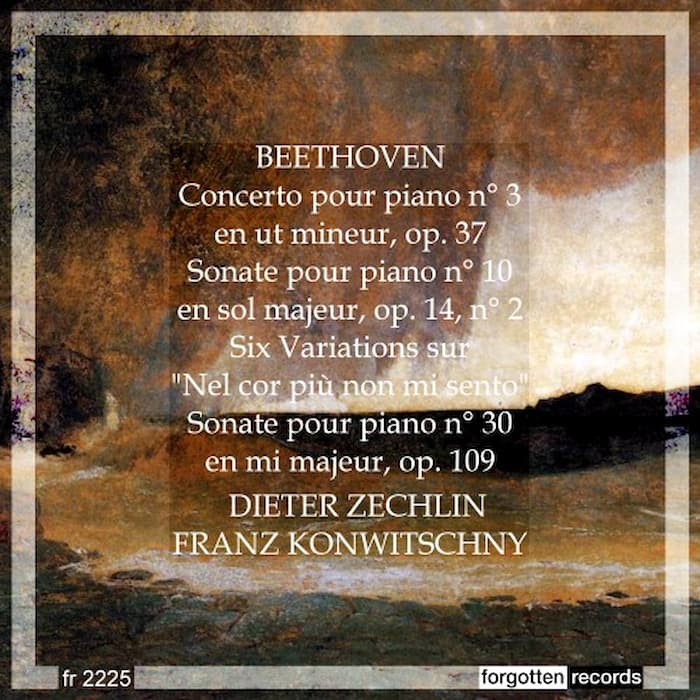American composer Edward MacDowell (1860–1908) was a talented child, pursuing his interests in art, writing, and music. He started his piano lessons at age 8 with a family friend, who also encouraged his compositional skills. At age 15, he went to Paris with his mother and passed the entrance exam to the Paris Conservatoire, entering there in autumn 1876. One of his fellow students was Claude Debussy. One problem with MacDowell’s studies was his lack of French, and a teacher was assigned to help him with the language. A sketch he did of his French teacher led to an invitation to the École de Beaux Arts, which was not taken up. MacDowell left Paris for study in Wiesbaden in 1879, then in Frankfurt, where he studied composition with Joachim Raff.
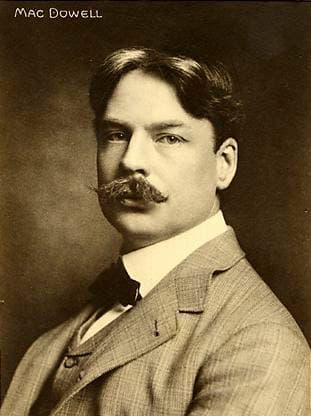
Edward MacDowell
In 1881, with the help of Raff, he was appointed piano teacher at the Darmstadt Conservatory. Raff also introduced him to Liszt in 1882. Liszt spoke favourably about MacDowell and encouraged him to compose. He spent time for the next couple of years giving concerts. In 1884, MacDowell returned to teach in Wiesbaden and then returned to the US in 1892. He was appointed professor of Music at Columbia University in New York but the strain of administration and proving the value of a music degree took a toll on his health. MacDowell resigned in 1904, his health in ruins, and died in 1908.
MacDowell’s contribution to the music of America came from a ‘serious, emotional’ background informed by a meditation on remembered experiences. His music captured so many sides of him: his creative writing of fairy tales, an aspect of observed nature, or a ‘spirit of romance, chivalry, and heroism’. His titles captured the essence of the work, and, at the same time, he never gave detailed program for his idea of a work. His wife later noted that MacDowell wanted the title to spark the performer’s imagination. She said his ‘writing was never descriptive in a realistic sense; it was the expression of a mood…’ and ‘presents the spirit of a picture rather than the picture itself’.
Piano was his preferred medium, since it was in his control, and he could hear his music whenever he wanted. Orchestral music was harder to hear frequently, and he found working with orchestras to be a headache.
His characteristic pieces were collected in four suites: Woodland Sketches, Op. 51 (1896), Sea Pieces, Op. 55 (1898), Fireside Tales, Op. 61 (1902), and New England Idyls, Op. 62 (1902). Woodland Sketches was written at his summer home in Peterborough, New Hampshire. One of his daily exercises was to write a short melody every morning, which he would then discard. He used this to practice his technique of melodic composition.
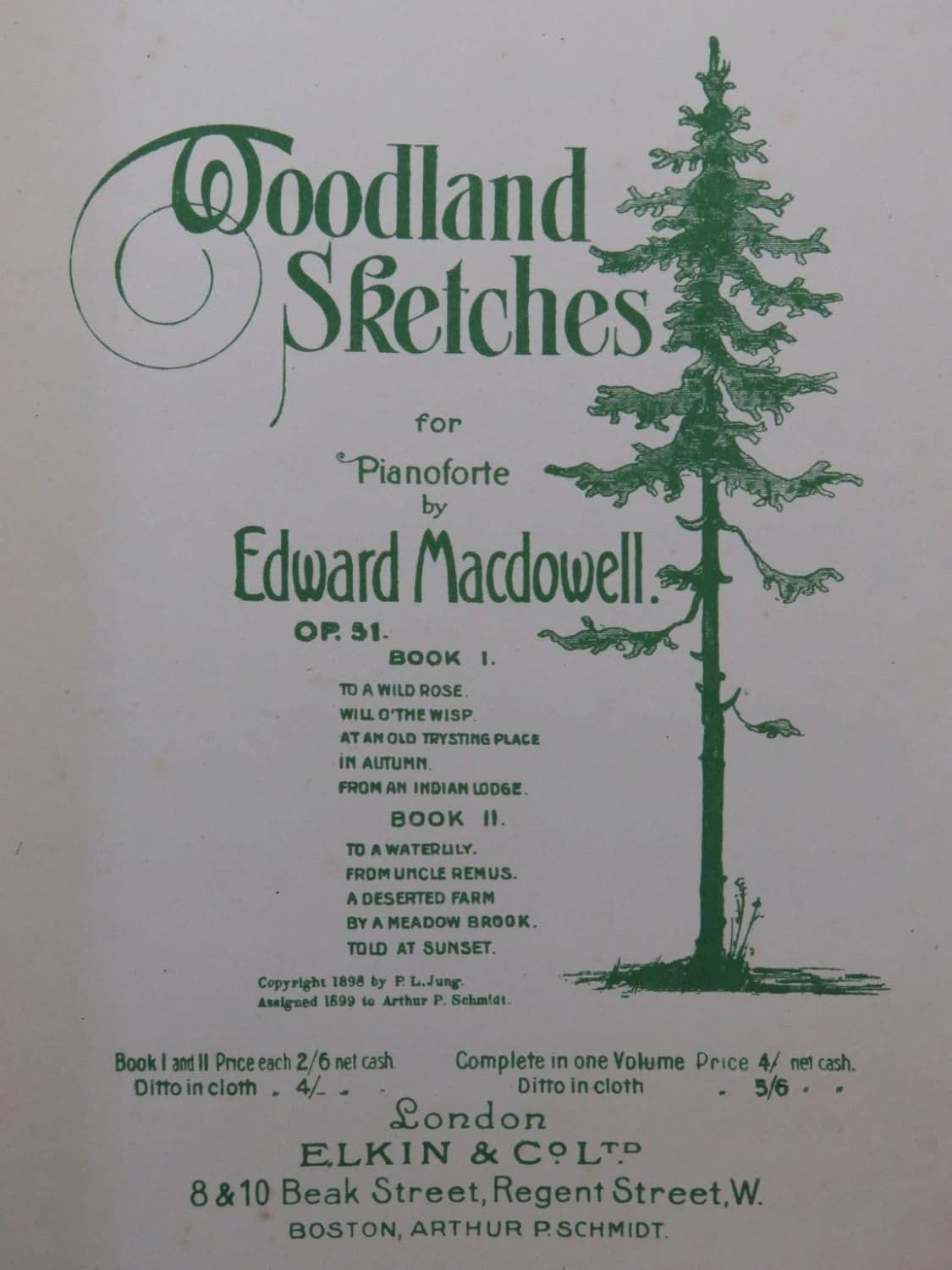
MacDowell: Woodland Sketches
The piece that opens Woodland Sketches, ‘No. 1: To A Wild Rose’ was one of these discarded morning exercises, which was rescued from the trash when his wife said it reminded her of some wild roses growing close to the house.
Other titles in the collection include ‘No. 2: Will-o’-the-Wisp’, ‘No. 5: From an Indian Lodge’, and closes with ‘No. 10: Told at Sunset’. One writer finds a parallel with Schumann’s Waldszenen, but without Schumann’s ‘Pandaean sentiments’, substituting instead a quiet sentimentalism.
Other works in the collection are more dramatic, but ‘To a Wild Rose’ has remained a MacDowell favourite through the years.
Edward MacDowell: Woodland sketches, Op. 51 – 1. To a Wild Rose
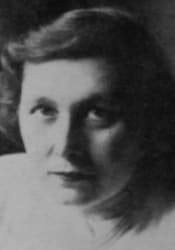
Vivian Rivkin
Recorded in December 1955 at Esoteric Studios, New York, with Vivian Rivkin at the piano. Vivian Rivkin (1912–1968) was a graduate of the Juilliard School and had an international concert career with tours of England, France, Austria, Italy, Denmark, and Israel, where she performed with the Israel Philharmonic Orchestra. She married the black conductor Dean Dixon, who she knew from Juilliard, in 1948; they divorced in 1954. Her recordings include MacDowell’s Piano Concertos Nos. 1 and 2; his first piano sonata, “Tragic”; his Indian Suite No. 2, with Dean Dixon conducting the American Society Orchestra; Gershwin’s Rhapsody in Blue and An American in Paris in 1952, with Dixon conducting the Vienna Symphony Orchestra; and Mozart’s Piano Concertos nos. 11 and 22 with Dixon conducting the Vienna State Opera Orchestra. She frequently performed with the Stuyvesant String Quartet and recorded the American premiere of Shostakovich’s Quintet for Piano and Strings Op. 57 for Columbia Records.
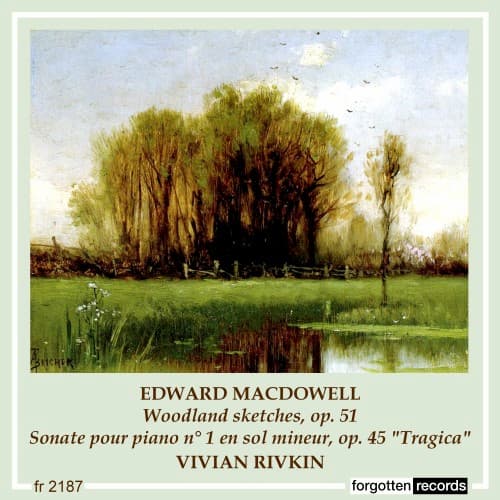
Performed by
Vivian Rivkin
Recorded in 1955
Official Website
For more of the best in classical music, sign up for our E-Newsletter

